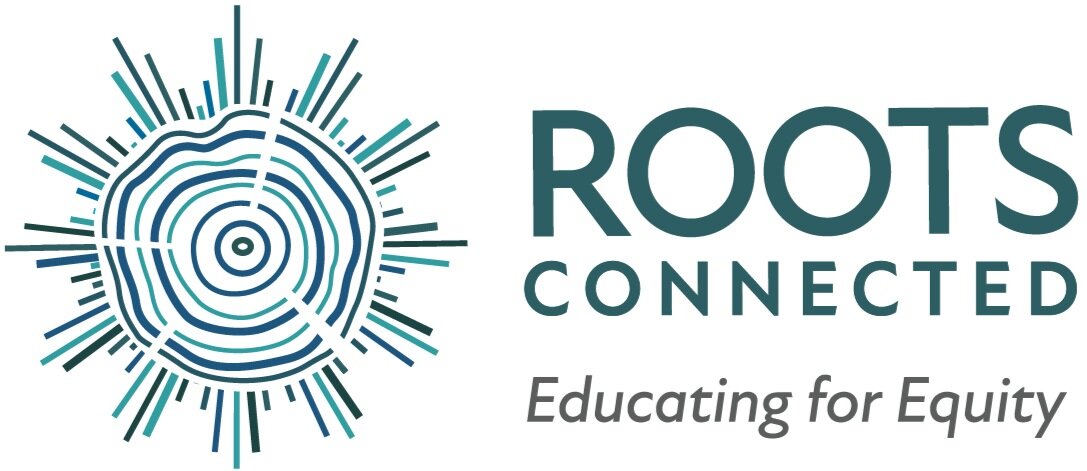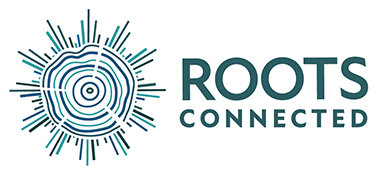The Perfection Comes from Not Being Perfect
Contributor: Sahba Rohani
In the last couple of years, we have had a number of people come through our doors: educators, policy makers, researchers, all asking us about our practice at Community Roots. We share our lessons learned around approaching curriculum with an anti-bias lens, teaching to the inherent variability of learners, staff professional development, working with families to build community, talking about race, class, gender, sexuality, and ability (among other things) with all of our stakeholders, and what goes into doing this within an intentionally racially and economically diverse and inclusive school community. And it is a joy to share what we have learned.
For over a decade, we have followed a cycle of planning, action, and reflection. Planning by taking into consideration the aspects of our community, our limitations and strengths, and our human resources and capacity. Moving those plans into action by trying something new with thought and intent. And, most importantly, reflection afterwards to consider what we learned, what we want to build on, and what we need to work harder at.
For example, when we first began to relook at our curriculum through an anti-bias lens, we felt it was important to share this approach with our families. Our decision to hold a workshop to share the research behind an anti-bias approach, to share curricular shifts and examples, and to have families engage in some of the conversations we were having as staff members, yielded about 10 participants and did not represent the diversity of our community (and it was a really good presentation!). We then took time to reflect on this, to ask ourselves how could we engage families about our approach to curriculum and instruction and reach a more diverse and larger cross-section of our families. As we reflected, it became clear that deepening the understanding of our families has to happen through their children and their work. We have now shifted our culminations (end of social studies project shares) to be the place where teachers not only talk about our approach, but families see that approach in action and often engage in conversations alongside their students about topics connected to equity, identity, and social justice.
This cycle of planning, action and reflection has allowed us, over time, and with much hard work, to refine our approach, to consider multiple avenues of action, and to build on strength.
When we share our work, our lessons learned, and our best practices with others, we do so with an understanding that we ourselves are in a continuous cycle of learning. It is the flaws and imperfections that allow us the opportunity to learn, and therefore, the opportunity to develop in practice. We position ourselves as learners, as practitioners who are seeking to hone and develop their own skills and capacities. Therein lies the perfection.



